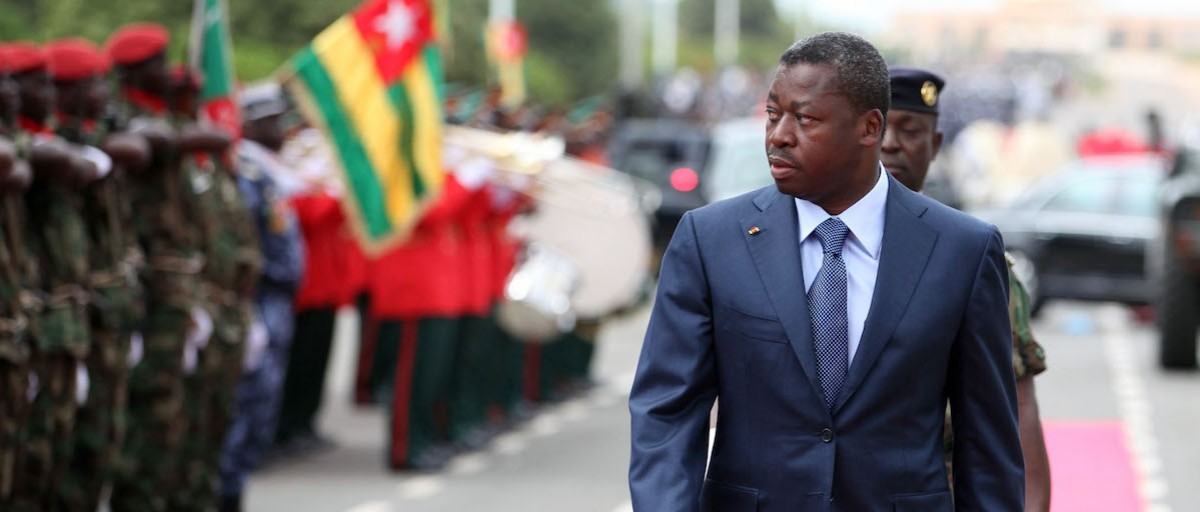Togo has suspended two major French-linked media outlets, Radio France Internationale (RFI) and France 24, for three months, citing concerns over national stability and biased reporting. The move adds to a growing wave of restrictions on French media across Africa, highlighting deepening rifts between France and several of its former colonies.
The High Authority for Audiovisual and Communication (HAAC), Togo’s media regulator, announced the suspension on Monday, accusing the outlets of broadcasting “inaccurate and tendentious” content that allegedly undermines the country’s republican institutions and national image.
While the regulator did not specify which broadcasts triggered the decision, the suspension comes amid heightened political tensions in Togo. Recent youth-led demonstrations in Lomé on June 5 and 6 — sparked by arrests of activists, rising electricity tariffs, and controversial constitutional reforms — were met with a heavy-handed police response, including the use of tear gas and the detention of dozens of protestors. Among the leading voices of the protests was popular rapper Aamron, who openly criticized President Faure Gnassingbé’s extended rule since 2005.
Clampdown or Caution?
Critics argue that the suspension of RFI and France 24 is part of a broader clampdown on dissent and independent journalism ahead of politically sensitive developments. Press freedom advocates say this move could further restrict an already fragile media environment in Togo, where local journalists often operate under pressure.
Meanwhile, France Médias Monde, the parent company of both RFI and France 24, has yet to issue an official response. Both outlets have significant audiences across Francophone Africa and are often seen as critical sources of independent news in countries where domestic media is tightly controlled.
A Regional Trend
Togo’s decision aligns it with a growing list of African nations — including Mali, Burkina Faso, and Niger — that have suspended or expelled French media outlets in recent years. These actions reflect a broader political shift in the region, where governments, whether civilian or military-led, are increasingly asserting control over national narratives and distancing themselves from traditional French influence.
Observers say the tension between France and its former colonies is no longer just about politics — it’s also about who controls the information space. As governments push back against foreign criticism, independent journalism is increasingly caught in the crossfire.
Togo’s media regulator insists the suspension is temporary and aimed at safeguarding national cohesion. However, with political unrest simmering and trust in state institutions waning, many fear that further media restrictions could stifle public discourse and transparency at a critical time for the country.

